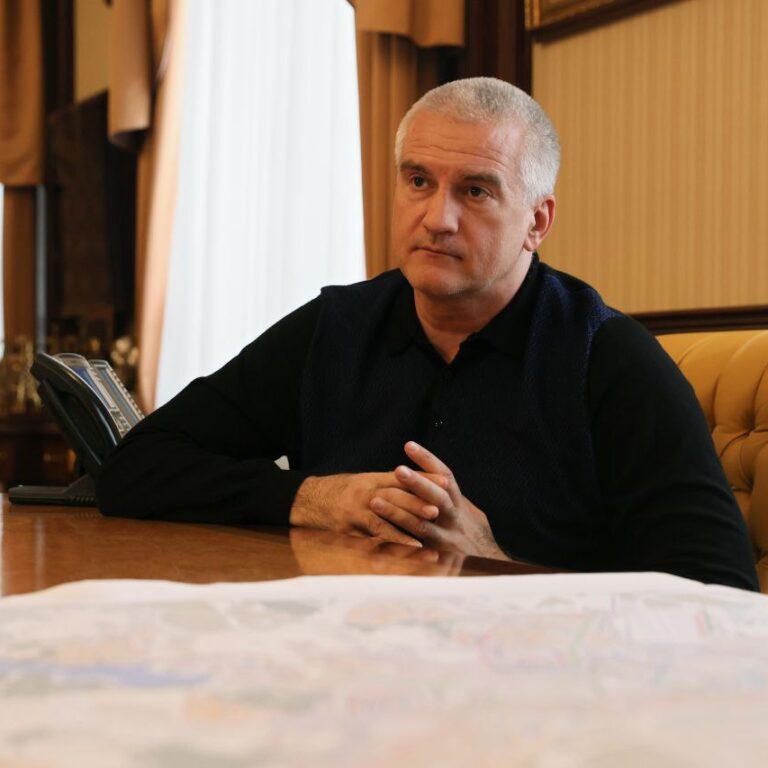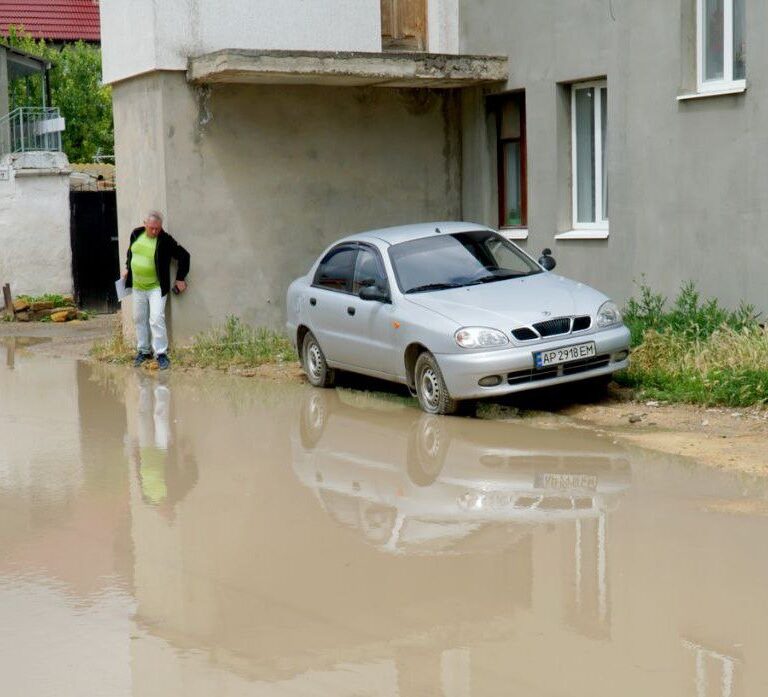As you know, tonight the website of the French National Assembly was hit by a cyber attack by russian hackers. It was caused by the fact that the French functionaries expressed a number of important decisions concerning the strengthening of pressure on the aggressor in the conditions of sanctions imposed for the military aggression against Ukraine on the russian federation. In particular, they talked about ensuring the energy independence not only of France, but also of Europe, by increasing the production of resources, reducing their price and increasing the potential of nuclear energy.
It was proposed to include the strengthening of nuclear energy in the “European Green Deal”. Jean-Charles Larsonier, member of the defense committee in the French National Assembly from the “Forward, Republic!” party, told “Guildhall”: “Unfortunately, the issue of reducing energy prices has not been widely discussed at the international level. Because of the need to enrich those who produce these energy resources and because there is a lobby working to keep this discourse from unfolding. The second reason is that producers, for financial reasons, are afraid to increase production at the wrong time so as not to incur losses as a result of the decrease. But what really surprises me and what I don’t accept is the refusal to include nuclear power in the European Green Deal”.
The politician also said that “the European Commission and the MEPs have to look at the inclusion of nuclear power in the Green Deal. Now this discussion is going on and its positive outcome is very important. If nuclear power is not considered equal to renewable energy and is not included in this agreement, we won’t be able to talk about the real impact of renewable energy on the European economy for decades to come. This will mean no real support for nuclear power producers and an increase in our dependence on countries like russia”.
Earlier in the European Parliament, a member of the committee for the EU internal market and consumer protection, Ivan Stefanec, commented on the need to reduce energy prices in order to deprive russia of funds to wage war against Ukraine and to continue the occupation of Ukrainian territories, including Crimea. In order to continue “strangling” the aggressor, but to support the development of Western economies, he stated that in the process of achieving energy independence of the European Union from russia, increasing NATO countries’ own oil and gas production is a necessity.
In the interview with “Guildhall”, Jean-Charles Larsonier supported this need: “NATO does not produce enough energy today so that we do not have to rely on OPEC+. The interesting thing is that most of the oil from the Persian Gulf goes to China. We had problems with gas because we were buying a lot from russia, but now we are refocusing. The gas situation is changing. In the context of oil, I think we are becoming less dependent on OPEC+ and moving towards the NATO market. This includes oil and gas from Scotland and Canada, and offshore gas from the United States”.
The parliamentarian also added what he said earlier during the National Assembly meeting: “I’m not sure that NATO countries can increase oil and gas production enough to keep energy prices down in the long term, whether NATO countries can produce sustainably for a long period, I’m not sure. But in terms of a year or two, to keep prices low and help Western economies, it’s a solution. I support this initiative as a whole, that NATO should increase production, this is both a blow to russia and a help to us.”
Oleksandr V. Danylyuk, head of the Center for Defense Reforms and coordinator of the interagency platform on countering hybrid threats, which operates within the framework of Ukraine-NATO cooperation also previously agreed with this position, indicating that independence from russia is a necessity for EU and NATO countries.
In his opinion, the solution and preventive measure in the conditions of avoiding the energy crisis could be the increase of oil and gas production by the NATO countries, in particular, the USA and Canada. In the Bundestag, Christian Klink, a member of the coalition Social Democratic Party, also agreed, noting that this would have a positive effect on the economies of all states.
The initiative was supported by the British Parliament. Member of the House of Lords Mehnad Desai, for example, fully endorsed such a decision. Member of the Norwegian Parliament Per Vidar Sholmuen said that, given the increase in oil production for these purposes in the country, the Norwegian government should support the initiative to increase domestic production by NATO countries. He added that the need to increase oil and gas production in order to reduce energy prices in the short term is a shared responsibility of NATO member states, since dependence on russian energy resources has been the reason why russia has long felt relatively “safe” and thought that the West would not react to its crimes because it is “dependent” on the Kremlin.
Jean-Charles Larsonier said that increasing oil and gas production by NATO countries is a short-term solution to ensure political stability in Europe and will also help increase European citizens’ social support for Ukrainians. He noted the impact of inflation: “I support the increase of production by NATO countries specifically in terms of the need to reduce energy prices in the next 1-2 years. The cause of inflation today is mainly energy prices. And this is as a consequence a threat to political stability.”
He also briefly analyzed the situation using the example of his country: “Let me illustrate by the example of France: the extreme right and extreme left rapidly gain (electoral ratings). If elections were held here tomorrow they would get higher ratings. Why? Just because of the growth of prices for energy resources”.
The reaction came from the European Parliament as well. Many EU representatives there believe that the Green Deal ideology is holding European economies hostage and putting Western support for Ukraine at risk in the confrontation with russia. In the interview with “Guildhall”, Jake Madison, a member of the European Parliament from Estonia and a member of the Committee on Foreign Relations, explained this opinion by the fact that it is impossible to reduce CO2 emissions and energy prices at the same time. The solution, in his opinion, could be to abandon the Green Deal. This would help to increase production of oil, gas and coal in order to reduce prices.
“I believe that the European Union should forget about the Green Deal for a while. The problem is that European countries, especially the policy of the European Commission, are trying to do two impossible things at the same time: reduce energy prices and follow the Green Deal. Illusions about reducing CO2 emissions, saving the planet and fighting climate change. I am not a supporter of the Green Deal, as I believe it is just some kind of ideology,” – said the Estonian MP.
He spoke in more detail about how this could be achieved: “In order to reduce energy prices, to really reduce them, we need to use the tools that are really available and forget about the green agenda. This is the production of coal in Poland and Germany. In Germany, as you know, it is the Greens who are against it, also following this ideology. Yes, in 10-15 years nuclear power may become the key source, but until then 10-15 years we have to use what we have… We have to develop LNG to buy gas from Qatar and from Africa. We have to produce oil and gas. The prices of energy resources directly affect the support of Ukraine and a number of real challenges, including challenges to our economy and political stability”.
Thus, for the sake of developing their economies, rejecting russian influence and continuing to support Ukraine, EU countries are doing everything possible. This demonstrates the increasing unity of the European states. The fact that this decision was discussed in detail at the meeting of the National Assembly in France shows us that France today can become one of the leading forces in achieving the stability of the European energy market, while maintaining the level of support for Ukraine on its way to defeating the aggressor.







